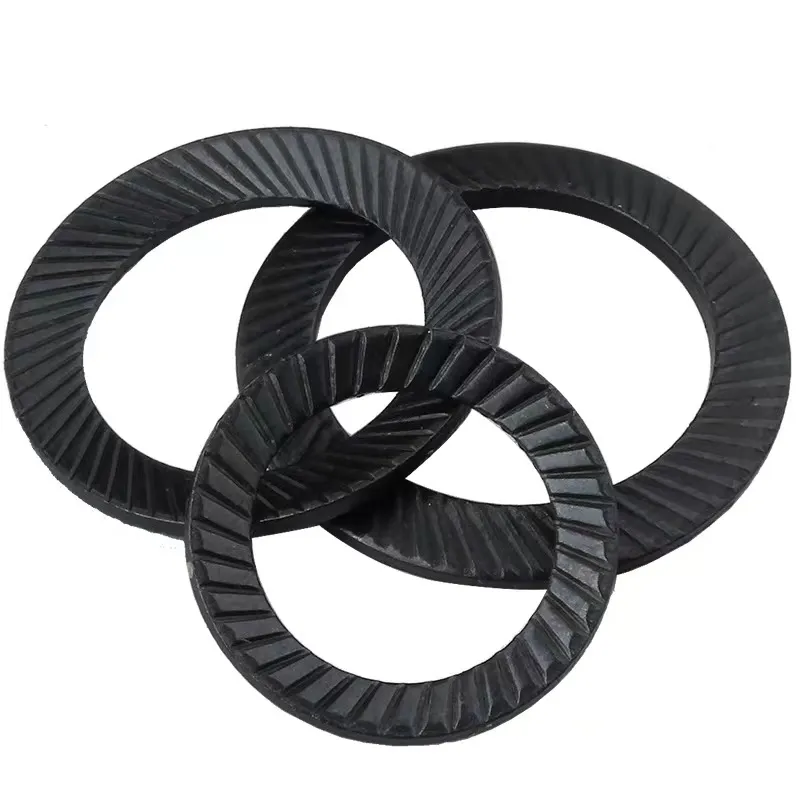

Advantages of Using Self-Drilling Screws for Improved Efficiency in Construction Projects
Dec . 11, 2024 09:08 Back to list
Advantages of Using Self-Drilling Screws for Improved Efficiency in Construction Projects
Exploring the Benefits of Self-Drilling Screws for Efficient Fastening Solutions
In the world of construction and manufacturing, choosing the right fasteners is crucial for ensuring structural integrity, enhancing efficiency, and reducing costs. Among the various types of fasteners available, self-drilling screws have emerged as a popular choice for professionals across different industries. This article delves into the benefits of self-drilling screws and their role in promoting efficient fastening solutions.
What are Self-Drilling Screws?
Self-drilling screws, also known as Tek screws, are fasteners designed with a drill bit-like tip that allows them to create their own hole in the material when driven. Unlike traditional screws, which require pre-drilled pilot holes, self-drilling screws can penetrate a wide range of materials, including metal, wood, and plastic, making them exceptionally versatile.
Advantages of Self-Drilling Screws
1. Time Efficiency One of the primary benefits of self-drilling screws is the significant time savings they offer. The ability to drill, tap, and fasten in a single operation eliminates the need for pre-drilling, which can be time-consuming. With self-drilling screws, contractors can speed up their work processes, reducing labor hours and increasing productivity on job sites.
2. Reduced Labor Costs Coupled with time efficiency, self-drilling screws can lead to a decrease in labor costs. Fewer steps in the fastening process mean that less skilled labor is required, as workers do not need advanced training to pre-drill holes. This reduction in labor requirements not only streamlines operations but also allows companies to utilize their workforce more effectively.
exploring the benefits of self-drilling screws for efficient

3. Versatility Self-drilling screws are available in various sizes and materials, making them suitable for a multitude of applications—from securing metal framing and sheet metal to fastening wood and composite materials. Their adaptability makes them a go-to option in construction, roofing, HVAC installations, and many other domains.
4. Strong and Secure Joints Self-drilling screws provide robust connections, which is fundamental for the durability of structures. The design of these screws ensures that they create tight joints, which can withstand shear and tensile forces. This strength is particularly beneficial in environments where structures are exposed to dynamic loads.
5. Corrosion Resistance Many self-drilling screws are coated with corrosion-resistant materials, such as zinc or other alloys. This feature is particularly advantageous in outdoor or humid environments where moisture can lead to rust and degradation of metals. Investing in high-quality self-drilling screws enhances the longevity of the fastened products and reduces the need for repairs or replacements.
6. Ease of Use Self-drilling screws can be installed with standard power tools, making them user-friendly for both professionals and DIY enthusiasts. Their design reduces the likelihood of stripping or damaging the screw heads during installation, providing a more reliable and consistent fastening experience.
Conclusion
In conclusion, the benefits of self-drilling screws are undeniable. They provide a combination of efficiency, versatility, and strength that makes them ideal for a wide range of applications in construction and manufacturing. As the industry continues to evolve, the adoption of advanced fastening technologies, such as self-drilling screws, will play a crucial role in meeting the demands for faster, more reliable, and cost-effective building solutions. With their numerous advantages, self-drilling screws are likely to remain a staple in the toolbox of contractors and manufacturers alike. Embracing this innovative fastening solution can lead to enhanced productivity, reduced labor costs, and superior quality in construction projects.
Latest news
-
Hot Dip Galvanized Bolts-About LongZe|High Strength, Corrosion Resistance
NewsJul.30,2025
-
High-Strength Hot Dip Galvanized Bolts - Hebei Longze | Corrosion Resistance, Customization
NewsJul.30,2025
-
Hot Dip Galvanized Bolts-Hebei Longze|Corrosion Resistance&High Strength
NewsJul.30,2025
-
High-Strength Hot-Dip Galvanized Bolts-Hebei Longze|Corrosion Resistance&High Strength
NewsJul.30,2025
-
Hot Dip Galvanized Bolts-Hebei Longze|Corrosion Resistance&High Strength
NewsJul.30,2025
-
Hot Dip Galvanized Bolts - Hebei Longze | Corrosion Resistance, High Strength
NewsJul.30,2025

